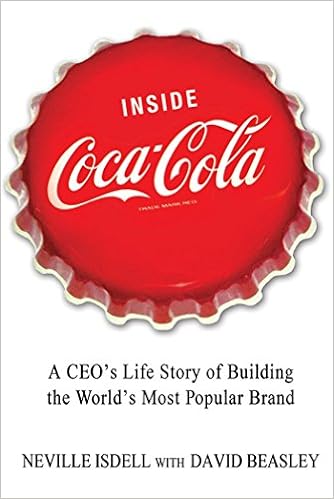by Cygne Sauvage
I have come across several articles enunciating the benefits derived from drinking coffee, the beverage whose harmful caffeine has been pounded into my consciousness since I learned to drink fluid from a cup. Likewise, there’s this audacious social media post sourced from an unverified printed publication claiming that the brew can prevent a bunch of dreaded illnesses. Science has not corroborated, neither opposed, these pronouncements.
And there’s this assertion about dark chocolates as antidote for depression citing statistics to support this postulation. Accordingly, the concoction from the cocoa plant has been used for medicinal purposes in settlements of indigenous people in Mexico prior to its exploitation into commercial business by asture merchants. If this were so then it must be registered as a good substitute for Prozac. Why the medical community has not fully acknowledged this is simply because this assertion has not passed the theoretical stage.
Similarly, red wine is being touted as the key behind the so-called “French Paradox,” the intriguing situation of low incidence of cardiovascular diseases among citizens of the country that gave the world foie gras and baguette despite the attendant greasy food such as lamb chops, butter and cheese in their diet. Whether the harm from its alcohol content, stated in empirical studies to activate breast cancer cells, outweighs the advantages remains contentious.
I think the most bizarre glorification of a product, notwithstanding it is just an indirect hint, is cigarette smoking as an antidote to coronavirus infection. A seemingly opportunistic stance written amidst people’s anxiety over the pandemic, the article highlights the low percentage of smokers among Covid-19 patients in France whereas they constitute 60% of the population. But this was hastily based on observations made in three French hospitals, hardly to hold water or merit scientific investigation, perhaps.
It is not established whether some firms carrying these products are behind these subtle blurbs, but refutation of these claims would be awkward on their part. Nevertheless, these inevitably are helpful in boosting their brand’s sales and image.
However, putting emphasis on unproven theoretical benefits of a brand does more harm to the consumers and offers potential backlash to the company. A commodity’s effect on users’ well-being can’t possibly result to a generally uniform beneficial outcome. A therapy for one can be a toxic pill for another.
Manufacturers rather should protect their clients’s welfare for they’re the lifeblood of their firms’ staying power in the market.
A notable approach in product promotion upholding consumers’ interests is that of Coca Cola’s. The company has battled several accusations the most high-profile of which is its devastating health effects, particularly as the cause of diabetes. Rather than contradict the protestations, it introduced sugarless concoctions. Much unlike the attitude of a brand for painkiller when the global health institution warned of its inflammatory effects, aggravating the severity of coronavirus infection.
Coca-Cola’s travails are documented in the book Inside Coca-Cola: A CEO’s Life Story of Building the World’s Most Popular Brand. It demonstrated that for a corporation to be sustainable it must not only be profitable but its consumers must likewise be prosperous in order that they could continue patronage. A very sound proposition indeed, that Coca-Cola, through its then CEO, Neville Isdell, the author of the book, pioneered the concept of Connected Capitalism.
Lest I be misconstrued, I commend the noble initiative, not the product. I never drink soda.

Isdell is the son of social activists and a trained social worker who opposed apartheid in South Africa. A peripatetic executive who has even traveled to a remote town in my country which I have not been to, he believes that Coca Cola must “improve the societies in which its customers live,” through the commodity essential to both of them and the corporation: water.
Coke is 99% water which is a resource generally scarce in many impoverished communities. This started Coca-Cola’s partnership with various communities in the installation and management of water systems, the fundamental principle of connected capitalism.
This scheme differs from corporate social responsiblity which banks on goodwill projects totally unrelated to the business. Connected capitalism highlights the consumers’ participation in the business through a mutually beneficial partnership.
Perhaps other products can emulate this model.
